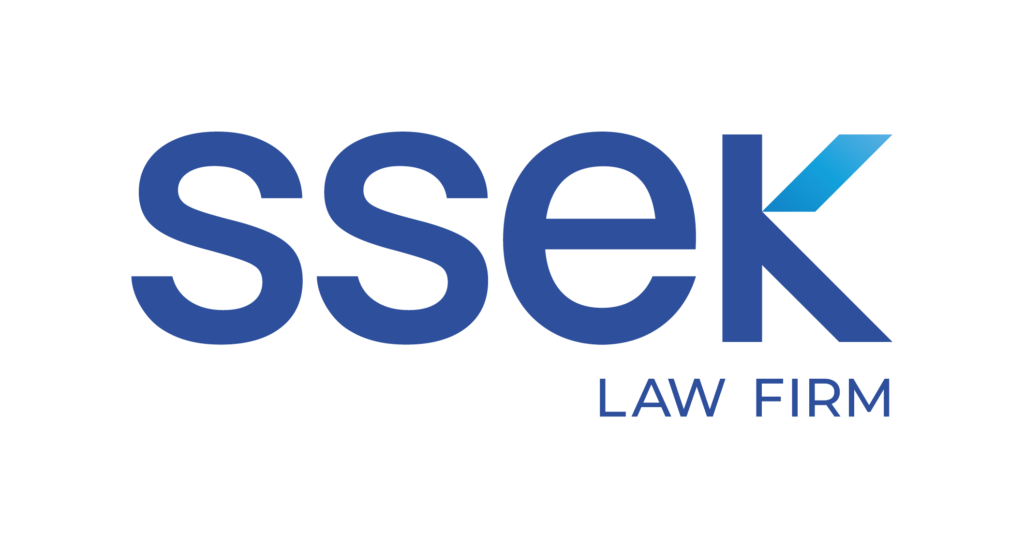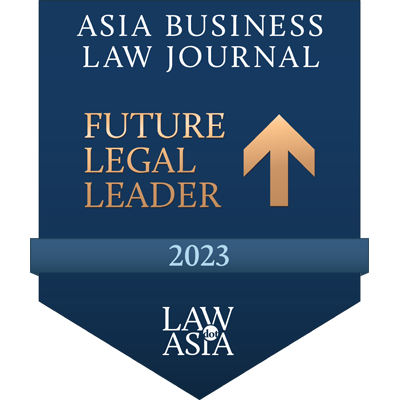The President of Indonesia, Joko Widodo, recently enacted Government Regulation No. 36 of 2023 regarding Foreign Exchange Export Proceeds from the Business, Management, and/or Processing of Natural Resources (“GR 36”). GR 36 stipulates new requirements for exporters of natural resources to deposit their foreign exchange export proceeds (Devisa Hasil Ekspor dari Barang Ekspor Sumber Daya Alam or “DHE SDA”) in the Indonesian financial system. GR 36 shall be effective starting August 1, 2023.
GR 36 provides more stringent requirements than the previous requirements set out under Government Regulation No. 1 of 2019 regarding Foreign Exchange Export Proceeds from the Business, Management, and/or Processing of Natural Resources (“GR 1”).
The main subject of GR 36 is exporters of goods from the following natural resources industries:
- mining (including oil and gas and liquified natural gas (LNG), nickel ore, coal and their related products);
- plantation (including palm oil and its related products);
- forestry (including rubberwood); and
- fishery (including various fish).
GR 36 stipulates that the types of exported goods subject to GR 36 shall be stipulated by a decision of the Minister of Finance (“MOF”). As of the date of this publication, the applicable MOF decision stipulating the types of exported goods is MOF Decision No. 744/KM.4/2020 of 2020 regarding the Stipulation of Exported Natural Resources Goods that Are Subject to Mandatory Deposit of Export Proceeds into the Indonesian Financial System (“MOFD 744”), which is an implementing regulation for GR 1. To date, the MOF has not issued a new decision or an amendment to MOFD 744.
Requirements Under GR 36
- Exporters that have a DHE SDA with an export value of at least US$250,000 or its equivalent in its Export Customs Notice (Pemberitahuan Pabean Ekspor or “PPE”) must deposit its DHE SDA into a special account opened by the exporter at the Indonesian Export Financing Agency (Lembaga Pembiayaan Ekspor Indonesia or the “Indonesia Eximbank”) or at a foreign exchange bank.
- The DHE SDA must be deposited no later than the end of the third month following the registration of the exporter’s PPE, which deposit shall comply with the relevant regulations issued by Indonesia’s central bank, Bank Indonesia.
- At least 30% of the DHE SDA must remain in the exporter’s special account for a minimum of three months from the date it was deposited.
- The DHE SDA shall be deposited in the DHE SDA special account at Indonesia Eximbank or a foreign exchange bank in the same foreign currency of the DHE SDA, banking instruments, or financial instruments issued by Indonesia Eximbank, and/or instruments issued by Bank Indonesia, in accordance with the regulations issued by the relevant authorities.
Incentives Under New Regulation
Unlike GR 1, GR 36 provides the following incentives for DHE SDA deposits:
- tax facilities for the income from DHE SDA deposits;
- exporters can be designated as having a good reputation in accordance with Regulation of the Minister of Trade of the Republic of Indonesia No. 17 of 2021, which can entitle them to ease of licensing process to export their goods electronically and automated;
- relevant ministries, institutions and/or sector authorities can provide incentives to:
- Indonesia Eximbank and/or foreign exchange banks that manage DHE SDA special accounts and manage DHE SDA funds deposited into instruments issued by Bank Indonesia; and
- exporters that put DHE SDA funds into instruments issued by Bank Indonesia.
Utilization of DHE SDA
As with GR 1, GR 36 stipulates that DHE SDA funds in a special account may be used by exporters for the payment of:
- export duties and other export levies;
- loans (accompanied by the loan agreement);
- imports;
- payment of profits or dividends; and/or
- other investment purposes in accordance with Article 8 of Law No. 25 of 2007 regarding Investment, as amended by Law No. 6 of 2023 regarding Stipulation of Government Regulation in Lieu of Law No. 2 of 2022 regarding Job Creation. These other investment purposes include purchasing raw and auxiliary materials, half-finished goods or finished goods, replacing capital goods to protect investment viability, additional funds required for investment financing, payable royalties or fees, compensation for losses, compensation for acquisitions, technical assistance, fees payable for technical and management services, contract projects, and intellectual property rights.
For any of the above payments made through an escrow account, exporters are required to open the escrow account with either Indonesia Eximbank or a foreign exchange bank. If the escrow account was opened overseas prior to August 1, 2023, exporters must transfer the escrow account to Indonesia Eximbank or a foreign exchange bank within 90 days as of August 1, 2023.
Administrative Sanction
Administrative sanction in the form of suspension of export services shall be applied to exporters that:
- do not deposit their DHE SDA into a DHE SDA special account;
- do not keep at least 30% of their DHE SDA in the DHE SDA special account for at least three months as of its deposit; and
- do not create or transfer an escrow account as required.
Other Provisions
Other noteworthy provisions under GR 36 are:
- exporters with exports valued at less than US$250,000 or its equivalent may voluntarily deposit their DHE SDA into a DHE SDA account, which in turn would qualify those exporters to receive the incentives provided under GR 36; and
- PPE for which a registration number was obtained prior to August 1, 2023, shall be regulated in accordance with the previous regulation, GR 1.
Conclusion
The issuance of GR 36 has established a more comprehensive regulatory framework governing the requirements for depositing the foreign exchange export proceeds from natural resources in the Indonesian financial system. Alongside these requirements, the Government of Indonesia has provided various incentives for exporters and financial institutions involved in the deposit of DHE SDA.
This publication is intended for informational purposes only and does not constitute legal advice. Any reliance on the material contained herein is at the user’s own risk. All SSEK publications are copyrighted and may not be reproduced without the express written consent of SSEK.








